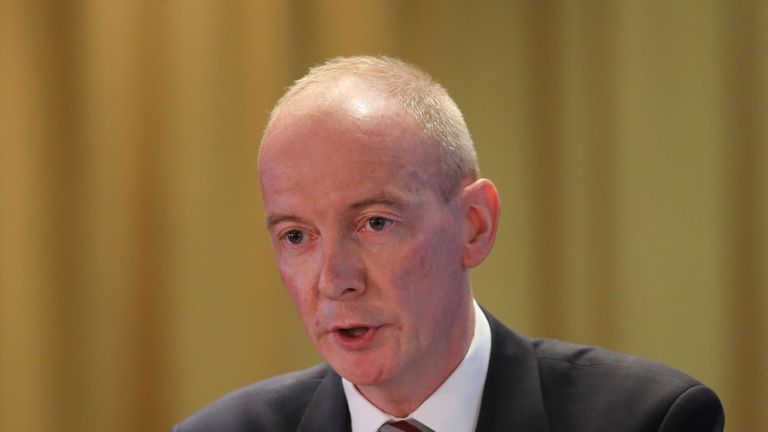Sickle cell anaemia patients denied benefits due to ‘invisible’ illness, MPs warn
Thousands of people with the genetic blood disorder sickle cell anaemia are being declined vital welfare payments, MPs have warned.
They are demanding an urgent investigation after personal independence payments (PIPs) were withheld because the condition, which cannot be seen, does not fit the government’s assessment criteria.
Most patients do not appear unwell when they are assessed as their symptoms are triggered by stress or a sudden change in temperature, which can make the blood vessels narrow.
Labour’s Pat McFadden, chair of the all-party parliamentary group on sickle cell, is calling for an overhaul of the system.
“I think it’s now time for the Department of Work and Pensions to have a proper investigation into this to see if they are getting their decision making right because we don’t believe that is happening,” he said.
Sickle cell is an inherited condition that affects up to 15,000 African and Caribbean people in the UK but also some people of Mediterranean origin. It is a blood-borne disease which can cause severe pain and damage to vital organs.
PIP, made up of daily living and mobility components, replaced the disability living allowance (DLA) in 2016.
Government figures show there are 1,350 people with sickle cell in receipt of PIPs. Of those, 40% are in receipt of mobility, but campaigners fear thousands of others are missing out on vital support.
Chanel Taylor, 36, qualified for standard daily living PIP in 2015, but said she should be eligible for mobility benefits because her sickle cell has caused other health complications.
“It has caused a lot of mental and physical stress. I suffer from PTSD (post-traumatic stress disorder), pulmonary hypertension which is a type of high blood pressure that affects my lungs. It also affects me walking and doing everyday activities,” said the mother-of-one.
Despite excruciating pain at least twice a week, Ms Taylor said her applications for mobility benefits have been turned down four times.
“I do believe the assessors have turned me down because it’s invisible and you can’t see what I am going through on the outside but internally I am struggling and my body is breaking down,” she said.
“It’s not fair at all because there are people with asthma with the mobility element of PIP so I don’t think it’s right that our condition is being discriminated against.”
Osman Koroma, 36, suffered a stroke in 2005 due to his sickle cell. He qualified for PIP but was turned down 2015 because assessors believe he is capable of working.
“I have been forced to find work because I failed the assessment process which was not fair because my condition has not changed at all,” he said. “I was born with sickle cell which leaves me in agony every single day.”
The Sickle Cell Society said it has seen an increase in the number of patients contacting its helpline after being denied for either PIP daily living or mobility.
Chief executive John James told Sky News that assessors should be trained to better understand how sickle cell affects patients and former pensions minister Baroness Altmann called for a review.
A Department of Work and Pensions spokesman said: “We are committed to ensuring people get the support they are entitled to, and the proportion of people with sickle cell disease or thalassaemia receiving the mobility component is around the same as the wider PIP caseload.
“Qualified healthcare professionals take a broad look at the way an individual’s health condition or disability impacts upon them and this works well for the majority, but one person’s poor experience is one too many, so we are committed to continuously improving the process.”
Source: Read Full Article




